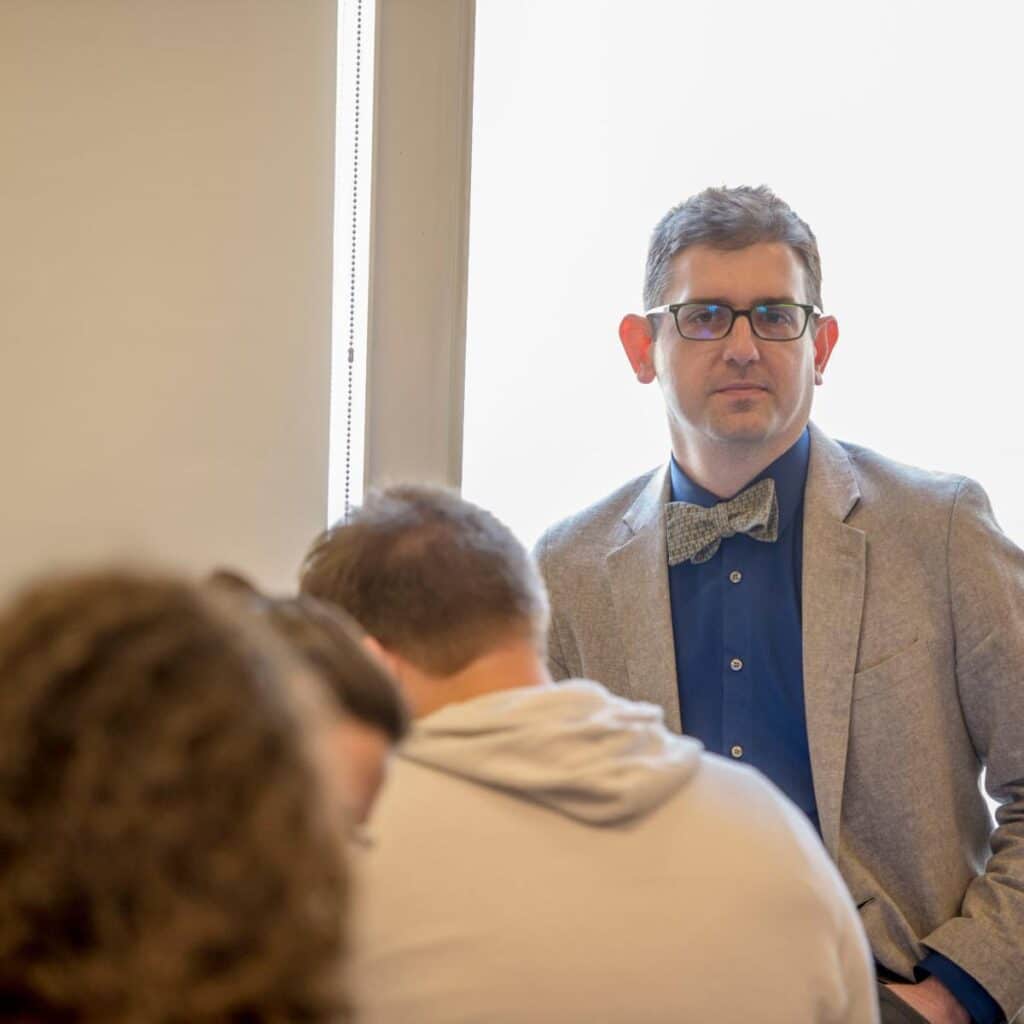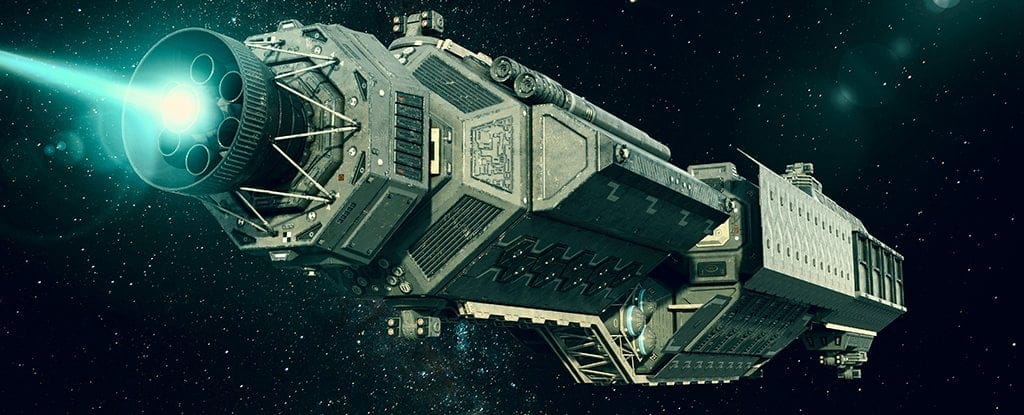A recurring suggestion: build an interstellar ark, fill it with people, plants and animals, and off to a distant star! From science fiction to rigorous scientific research, the hypothesis has been the subject of numerous reflections.
Obviously the balance today hangs entirely on the negative side, today as today. During such long interstellar journeys several generations of people would be born and grow up in a closed environment. This would lead to biological problems or mutations that we simply cannot predict. And language problems.
Secondo a new study conducted by a team of linguistics professors, there is something else that will be subject to mutation during interstellar travel: language.
The study, “Language development during interstellar travel,” appeared in the April issue of Acta Futura, the journal of the Advanced Concepts group of the European Space Agency, ESA.

The team is made up of Andrew McKenzie, associate professor of linguistics at the University of Kansas and Jeffrey Punske, assistant professor at Southern Illinois University.
In this study, McKenzie and Punske discuss how languages evolve over time as communities become isolated from each other. This would certainly be the case for a long interstellar journey and/or interplanetary colonization.
How much would language evolve or change following interstellar travel?
Much. A lot. To the point that if the colonists were to meet later on with the Earthlings, their language would probably be incomprehensible to the humans left on Earth. How is it possible? To explain it, the two scholars make an example.
Caxton eggs
In the preface to his 1490 translation of Virgil's Aeneid into English, the translator and linguist William Caxton tells the story of a group of merchants traveling along the Thames towards Holland. Due to weak winds, they are forced to dock in the county of Kent, just 80 kilometers away and look for something to eat.
One of them named Sheffield, a merchant, enters a house and asks for food: eggs, to be precise. “Eggys.” The woman who is in the house replies that she cannot speak French. The merchant gets angry because he doesn't know how to speak French either, but he wants some eggs and can't make himself understood. Until another person says they want “eyren”, and the woman of the house understands.
This story illustrates how people in 15th century England could travel in the same country and encounter a language barrier. Now multiply this problem by 4,25 light years (the distance to the nearest star system) and you'll see how language could be a major complication of interstellar travel.
10 generations is enough for me
Even considering the shortest possible interstellar journeys we would have to consider as many as 10 generations of "travellers". Unless developments on space engines, obviously. During this time, new concepts, new social problems and new idioms would emerge, and would become the ship's particular vocabulary. People on Earth, as mentioned, may never recognize these words.
Without someone who tracks changes and tries to maintain grammatical standards, linguistic divergence will be inevitable. And of course the language on Earth will also change during that same period.
Just for fun, the study imagines what types of linguistic changes and language problems might arise after interstellar travel.
To begin with, let's consider this famous spacecraft that would take 10 generations before reaching its destination (Proxima B). We then set another ten generations for the next ship to arrive, bringing people from Earth.
Using an Onset language evolution simulator and an English translator, the researchers got a "taste" of what it would be like to exchange a simple greeting after twenty generations.
Helluhuh fret, goot tu'uh be'yat yu. Took be'ye to'o u'ul ley'eru, pley'yaz.
The original phrase is “Hello friend, good to meet you. Take me to your leader, please”. “Hello friends, nice to meet you. Take us to your leader, please." As you can see it would be quite a bit different.
There is a reason why the myth of the Tower of Babel is still strong in our collective imagination. Language barriers and speech problems have always been an obstacle to human interaction. Especially regarding long periods of time and space.


